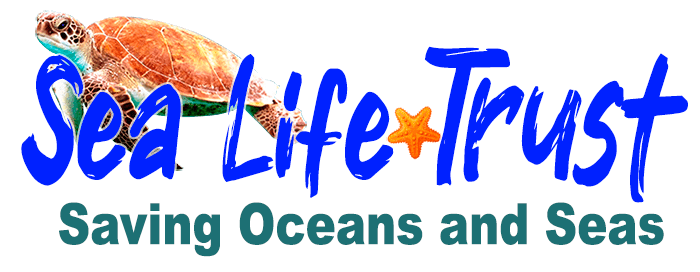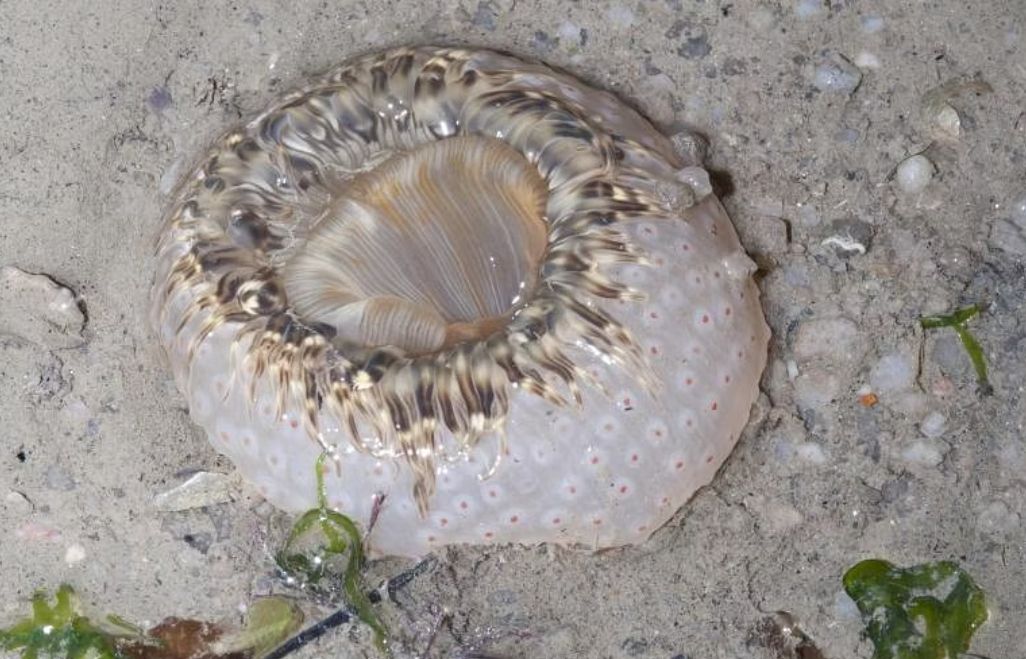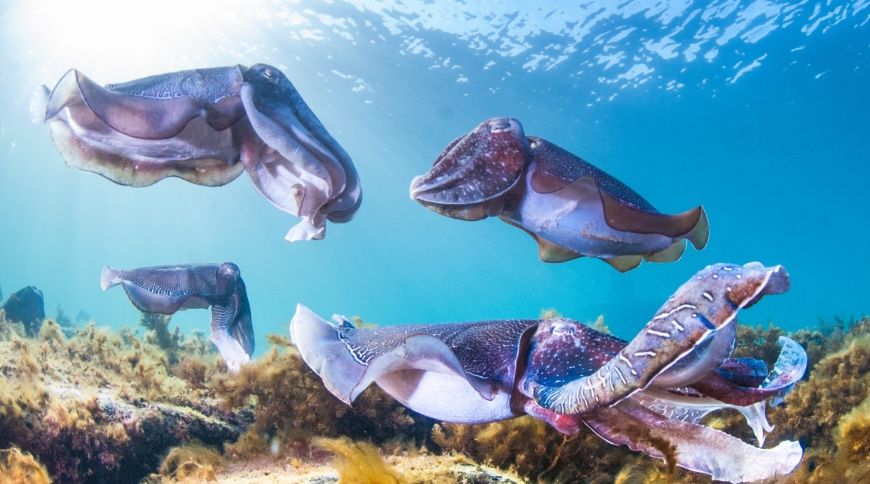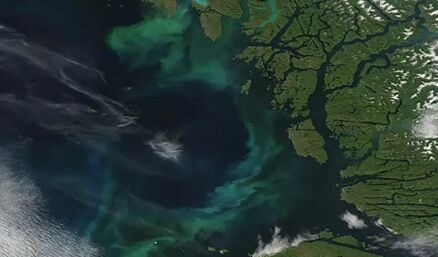Choose to Reuse: Minimizing Ocean Plastic Pollution
In the sea-life-trust.com We are committed to taking action against plastic pollution in our oceans. One of the most effective ways you can make a positive impact is by choosing to reuse. By eliminating certain single-use items from your daily routine, you can significantly reduce plastic waste that ends up polluting our precious marine environments. Here are seven regular single-use items that you can get rid of today:
Plastic Water Bottles
Swap out plastic water bottles for a stainless steel reusable container. Not only will this help reduce plastic waste, but you’ll also have the added benefit of getting your water for FREE! Carry your reusable container with you, and you’ll always have access to refreshing water without contributing to the plastic problem.
Plastic Bags
Make it a habit to keep reusable bags everywhere you go. Store them in your car, your bag, or any other convenient place so that you always have them available when you make those unplanned shopping trips. By using reusable bags, you can avoid accumulating countless plastic bags that harm marine life and the environment.
Takeaway Coffee Cups
Have you noticed disposable coffee cup lids piling up everywhere? Instead of contributing to this plastic waste, invest in a Keep Cup. Keep it in your bag, and you may even score a discount on your coffee at participating cafes. Responsible Cafes is a great initiative to support environmentally-friendly coffee shops.
Straws
Let’s face it; you don’t need a straw. Your lips are a perfect tool for sipping your favorite drinks. Straws pose a severe threat to marine life, particularly turtles, as they can end up in their nostrils causing serious harm. By saying no to straws, you’re making a big difference in keeping our oceans clean and safe for marine creatures.
Single-Use Cutlery
Refuse single-use plastic cutlery when eating out or ordering takeout. Instead, carry a set of reusable cutlery with you, made of materials like bamboo or stainless steel. This simple switch will prevent tons of plastic cutlery from polluting our oceans and harming marine life.
Disposable Food Containers
When getting food to-go, opt for establishments that use biodegradable or compostable containers. Alternatively, bring your own reusable food containers for takeout orders. This step helps reduce the amount of plastic waste that enters our oceans and ecosystems.
By embracing these reusable alternatives, not only will you decrease your contribution to plastic pollution, but you will also inspire others to follow your lead. Additionally, you’ll quickly recover the initial cost of purchasing these reusable items. Say goodbye to paying for a bag at the supermarket every time, as your reusable bags will come in handy. Enjoy the cost-saving benefits of using your own container for coffee, and take pride in actively minimizing ocean pollution.
Every small change in our daily habits leads to a significant positive impact on the oceans and the creatures that inhabit them.
Join us in the fight to protect and preserve our oceans. By choosing to reuse, you become an essential part of the solution to minimize plastic pollution, ensuring a healthier and cleaner marine environment for future generations. Let’s make a lasting impact, and our marine life will thank you for it! Together, we can pave the way for a plastic-free future for our oceans and marine ecosystems.




